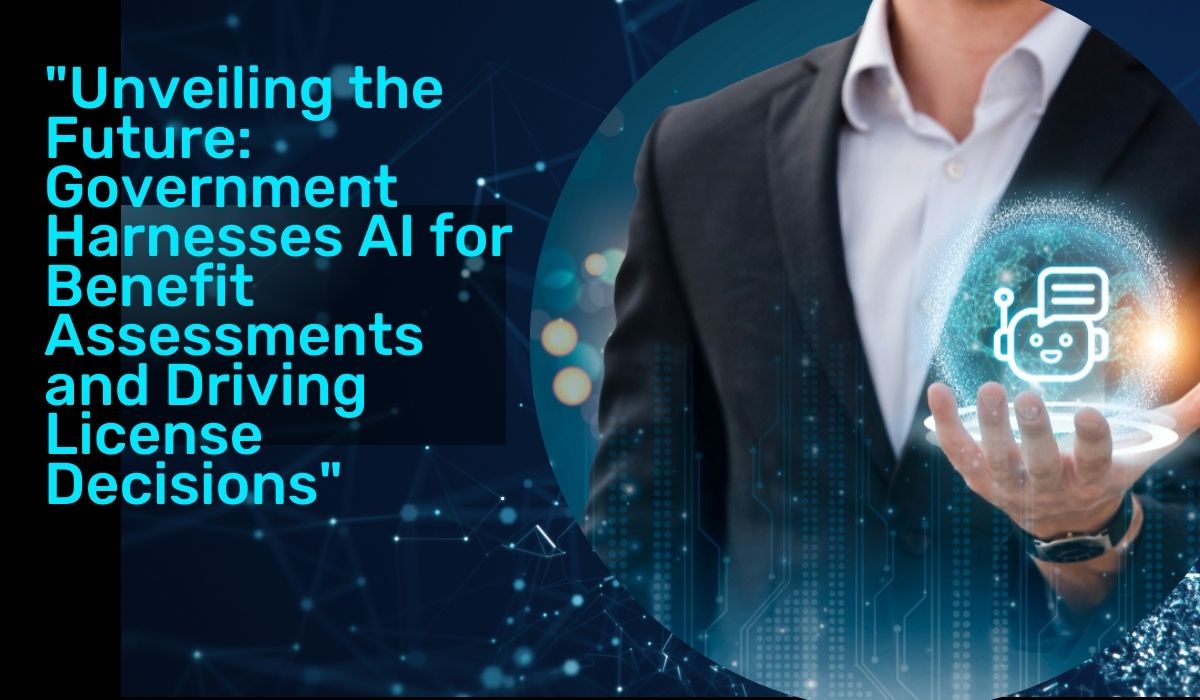
Government officials are incorporating artificial intelligence (AI) in decision-making processes across various sectors, ranging from approving marriage licenses to determining welfare benefits, according to an investigation. At least eight Whitehall departments and several police forces are utilizing AI in areas such as immigration, criminal justice, and welfare. Notably, the Department for Work and Pensions (DWP) employs an algorithm to identify potential benefit fraud, while the Metropolitan Police's facial recognition tool displays disparities in recognizing faces of different ethnicities.
The Guardian's investigation exposes the Home Office's use of an algorithm to detect fake marriages, with concerns raised about disproportionate targeting of specific nationalities. The NHS has also embraced AI, employing it during the pandemic to identify at-risk patients for shielding. Moreover, the DWP utilizes AI to detect fraud and errors in benefits claims. The lack of consistency and transparency in AI usage within the public sector is highlighted by Marion Oswald, a law professor at Northumbria University.
The government's increasing reliance on AI is evident, with ministers allocating a £13 million investment in August to advance research in AI's healthcare applications. Technology Secretary Michelle Donelan announced this move concurrently with the appointment of two experts tasked with preparing for the first major international summit on responsible AI use. Rishi Sunak aims to position Britain as a global leader in AI development and regulation, emphasizing the government's commitment to advancing this technology.